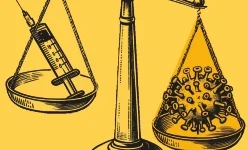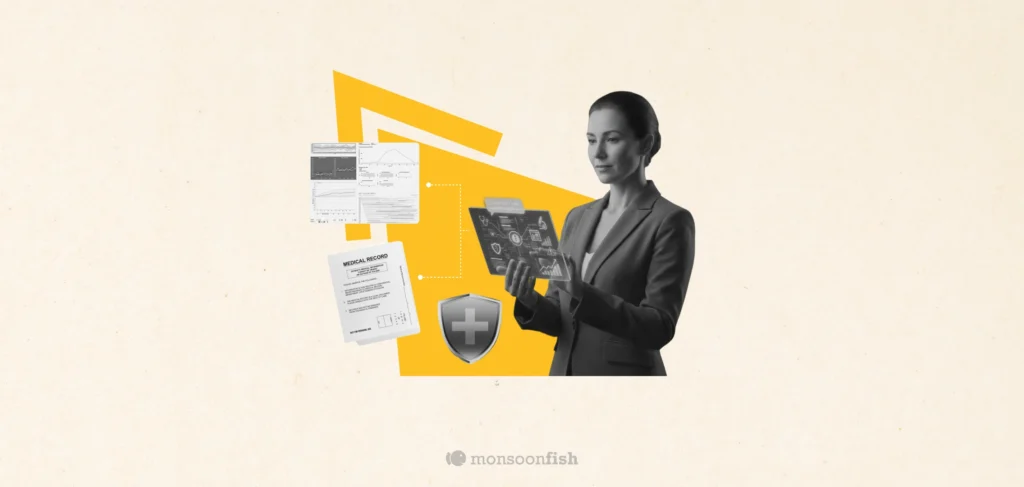Nasreen had been a top-performing analyst at her company for years. She consistently delivered accurate reports, solved complex problems, and was well-respected by her colleagues. But in the past two months, things had been rough—she had made a few mistakes in her reports, and one client presentation hadn’t gone as planned.
As annual performance reviews approached, Nasreen felt confident that her strong track record would outweigh these minor setbacks. However, when she sat down with her manager, the feedback was unexpectedly harsh. “Your recent reports have had errors, and the last presentation didn’t land well with the client. We need to see improvement,” her manager said.
Nasreen was stunned. What about the countless reports she had gotten right? The successful projects she had led? It seemed like all her past work had been forgotten, overshadowed by a few recent missteps.
Meanwhile, her colleague Ryan, who had been inconsistent throughout the year, had received glowing feedback. He had performed well in the past couple of months, and that seemed to be all that mattered.
Nasreen’s experience was a classic case of recency bias where the most recent events carry more weight in decision-making than the full picture. Her years of excellent performance had been pushed aside in favor of her latest mistakes. It wasn’t that her past work didn’t matter; it was just harder to recall compared to what had happened most recently.
This experience made Nasreen realize something important: people naturally focus on what’s fresh in their minds. If she wanted a fair assessment, she needed to remind her manager of her long-term contributions—not just let recent events define her reputation.











































